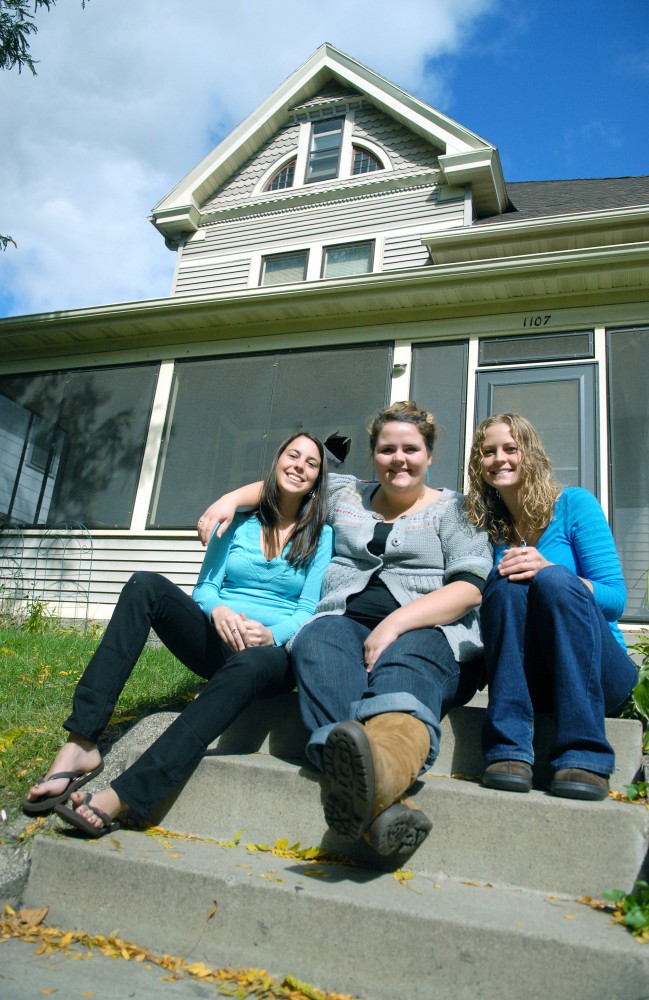When Clare Cloyd and her friends were looking for a house for their junior year, Cloyd decided to go to someone she knew well âÄî her father. After living in Melrose Student Suites during her sophomore year, Cloyd wanted to get a house in Dinkytown. She found a house on Seventh Street that was for sale and showed it to her father, James Cloyd. In May 2006, he bought the house, and Clare Cloyd and her friends moved in shortly after. Her friends have been paying their rent to her ever since. What the Cloyds did âÄî and many other families have done âÄî is called relative homesteading. Relative homesteading allows parents of students to purchase a house as a homesteaded property, which the owner can rent out like a normal rental property âÄî without having a rental license. Relative homesteading has been growing in popularity around the University. In December 2006, there were 40 of these homes in the Southeast Como neighborhood, 12 in the Prospect Park neighborhood and eight in the Marcy Homes neighborhood, according to the University Rental Housing Study conducted by the Center for Urban Regional Affairs . Kris Nelson, director of neighborhood programs for CURA, said these numbers have increased since that study was completed. Clare Cloyd said their house, which was built in the 1800s, was a single family home before her father bought it. She lives there with three friends and said her father will probably sell the house after she graduates in the spring. Clare Cloyd said one reason it is nice to have her father as her landlord is the service. She said he has done extra work on the house that a normal landlord wouldnâÄôt do. She said some landlords wonâÄôt give the tenants the time of day, but she can call her father whenever she wants. However, Florence Littman, co-chairwoman of the Prospect Park East River Road Improvement AssociationâÄôs zoning committee, said relative homesteading was not intended to be used the way the Cloyds and others have used it. Littman said it was meant to be used by people who brought their family over from a foreign country and wanted to buy them a house. âÄúIt wasnâÄôt meant so you could avoid having a rental license,âÄù Littman said. âÄúItâÄôs an abuse of what it was meant to do.âÄù She said the University Neighborhood Alliance is trying to change the statute so that it cannot be used for parents of students. Littman said some houses might be improved through the process of relative homesteading, but she is concerned with what happens after the student moves out. She said once a house has become a rental property it is too lucrative to return to a single-family home. Mary Alice Kopf, a member of PPERIA and a realtor for River Realty, said the neighborhoods are just looking for a balance between rental and single-family properties. James Cloyd said he thought the purchase was a good deal at the time and it was a good location for his daughter and her friends. He said if he had the opportunity to do it again, he would. the house is in better shape than when he bought it because he has invested money in it, James Cloyd said. When it comes time to sell, he said he would be torn between trying to recoup his money and making sure the neighborhood does not suffer.

Image by Jennifer Whalen
sthomestead
Relative homesteading increasing
Published October 1, 2008
0
More to Discover







